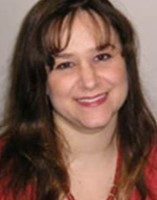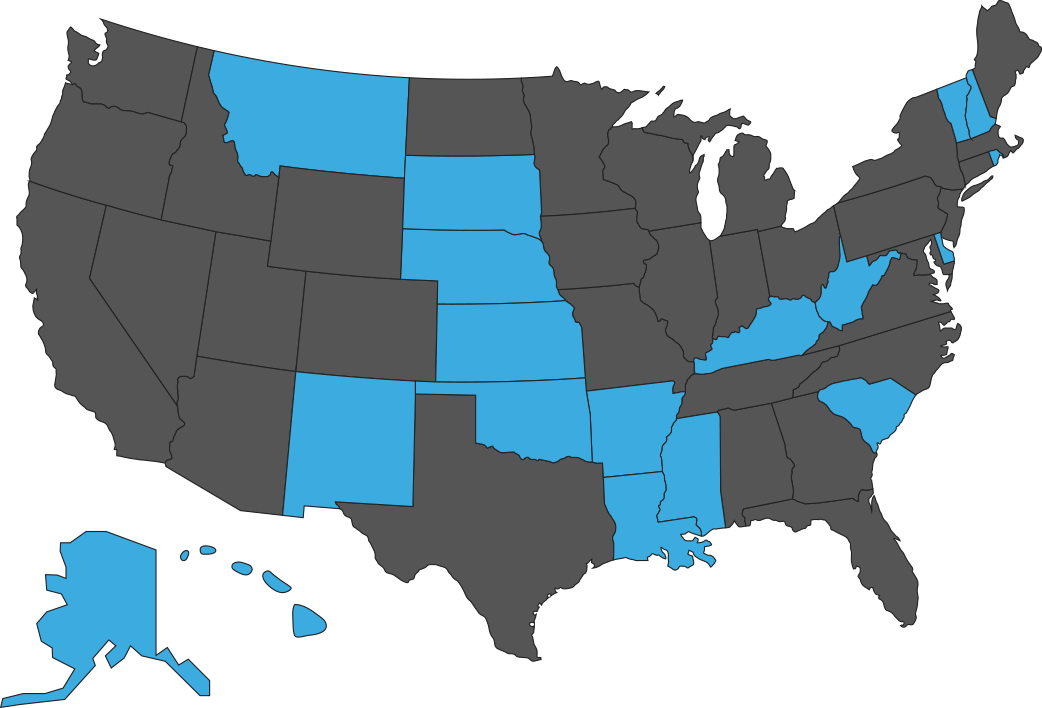Click Here to Begin Lesson
Objectives
Identify challenges in American Indian children face in their communities with providing evidence-based research.
Define community-based participatory research.
Apply effective approaches while using community-based participatory research to address health disparities.
References
Acton KJ, Burrows NR, Moore K, Querec L, Geiss LS, Engelgau MM. Trends in diabetes prevalence among American Indian and Alasdka Native children, adolescents, and young adults. Am J Public Health 92;9:1485-90.
CDC, Current Cigarette Smoking among Adults – United States, 2005-2015. MMWR 65(44):1205-11.
The Center for American Indian Community Health (CAICH)
Cobb N, Espey D, King J (2014) Health behaviors and risk factors among American Indians and Alaska Natives, 2000-2010. AJPH 104(S3):S481-9.
Evans-Campbell T. Historical Trauma in AI/AN Communities: A Multi-level framework for exploring impacts on individuals, families, and communities. J Interpersonal Violence. 2008;23:316-338.
Everett SA, Warren CW, Sharp D, Kann L, Husten CG, Crossett LS. Initiation of cigarette smoking and subsequent smoking behavior among U.S. high school students. Prev Med. Nov 1999;29(5):327-333.
Hearst MO, Biskeborn K, Christensen M, Cushing C. Trends of overweight and obesity among white and American Indian school children in South Dakota, 2998-2010. Obesity 21;1”E26-32.
Jiang C, Mitran A, Minino A, Ni H (2015) Racial and Gender Disparities in Suicide among Young Adults Aged 18-24: United States, 2009-2013. CDC National Center for Health Statistics, Health E-Stats.
National Survey on Drug Use and Health: Summary of National Findings SAMHSA American Indian/Alaska Native Data Sheet, 2013 Data.
Pacheco CM, Daley SM, Brown T, Filippi M, Greiner KA, Daley CM. Moving Forward: Breaking the Cycle of Mistrust between American Indians and Researchers. Am J Public Health 103;12:2152-9.
South Dakota Youth Tobacco Survey 2003. Pierre: South Dakota Department of Health Public Health Tobacco Control Program;2003.
Styne DM. Childhood obesity in American Indians. J Public Health manag Prac 16;5:381-7.
US Census, 2016 Data
US Census Bureau Community Survey
U.S. Department of health and Human Services. Tobacco use among US Racial/Ethnic minority groups–African Americans, American Indians and Alaska Natives, Asian Americans and Pacific Islanders, and Hispanics: A Report of the Surgeon General. 1998.
https://www.cdc.gov/violenceprevention/pdf/suicide-datasheet-a.pdf
www.crtribalventures.org
http://www.medpagetoday.com/psychiatry/depression/53941
https://members.aamc.org/eweb/upload/Diversity%20in%20the%20Physician%20Workforce%20Facts%20and%20Figures%202010.pdfhttps://members.aamc.org/eweb/upload/Diversity%20in%20the%20Physician%20Workforce%20Facts%20and%20Figures%202010.pdf
http://www.mprnews.org/story/2016/05/18/poor-american-indian-grad-rates-may-have-deep-roots
http://stump.marypat.org/article/781/mortality-monday-suicide-rates
https://www.usnews.com/news/articles/2015/11/06/native-american-students-left-behind
Speaker(s): Christine Daley, PhD, MA, SM
Speaker(s) Bio
 Dr. Daley is a medical anthropologist with additional training in public health and a strong focus on applied research and community-based interventions. Her major areas of research focus on the reduction of health disparities in Native North America through primarily cancer control and prevention, cross-cultural communication in the health care setting and via technology, and the intersection of qualitative and quantitative ethnographic data collection and analyses. She has additional interests in health literacy, traditional medical beliefs surrounding cancer, disease in human evolution, and children with special needs. Her most notable previous research was with the Fort Apache Indian community in Arizona, where she helped to bring the Well Woman Health check Program, a program of mobile breast and cervical cancer screening.
Dr. Daley is a medical anthropologist with additional training in public health and a strong focus on applied research and community-based interventions. Her major areas of research focus on the reduction of health disparities in Native North America through primarily cancer control and prevention, cross-cultural communication in the health care setting and via technology, and the intersection of qualitative and quantitative ethnographic data collection and analyses. She has additional interests in health literacy, traditional medical beliefs surrounding cancer, disease in human evolution, and children with special needs. Her most notable previous research was with the Fort Apache Indian community in Arizona, where she helped to bring the Well Woman Health check Program, a program of mobile breast and cervical cancer screening.
Dr. Daley is a member of several professional organizations including the American Anthropological Association, the Society for Medical Anthropology, the Society for Applied Anthropology, the American Public Health Association, the National Association for Native American Studies, the American Association for the History of Medicine, and the Society for Research on Nicotine and Tobacco. Locally, she is a member of the Kansas Public Health Association and an associate member of the Kansas Masonic Cancer Research Institute. She serves as a board member for the American Indian Heartland Cancer Network and is active in various community activities serving this population.


